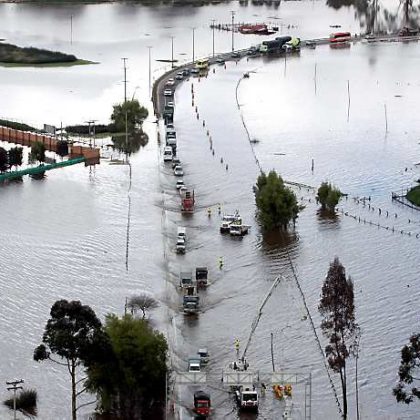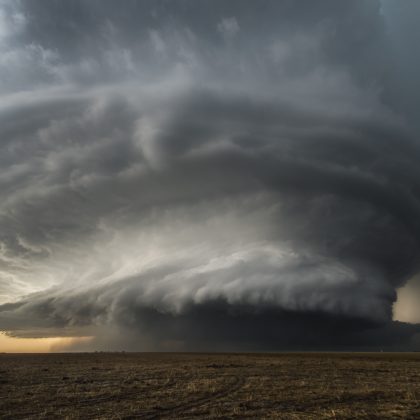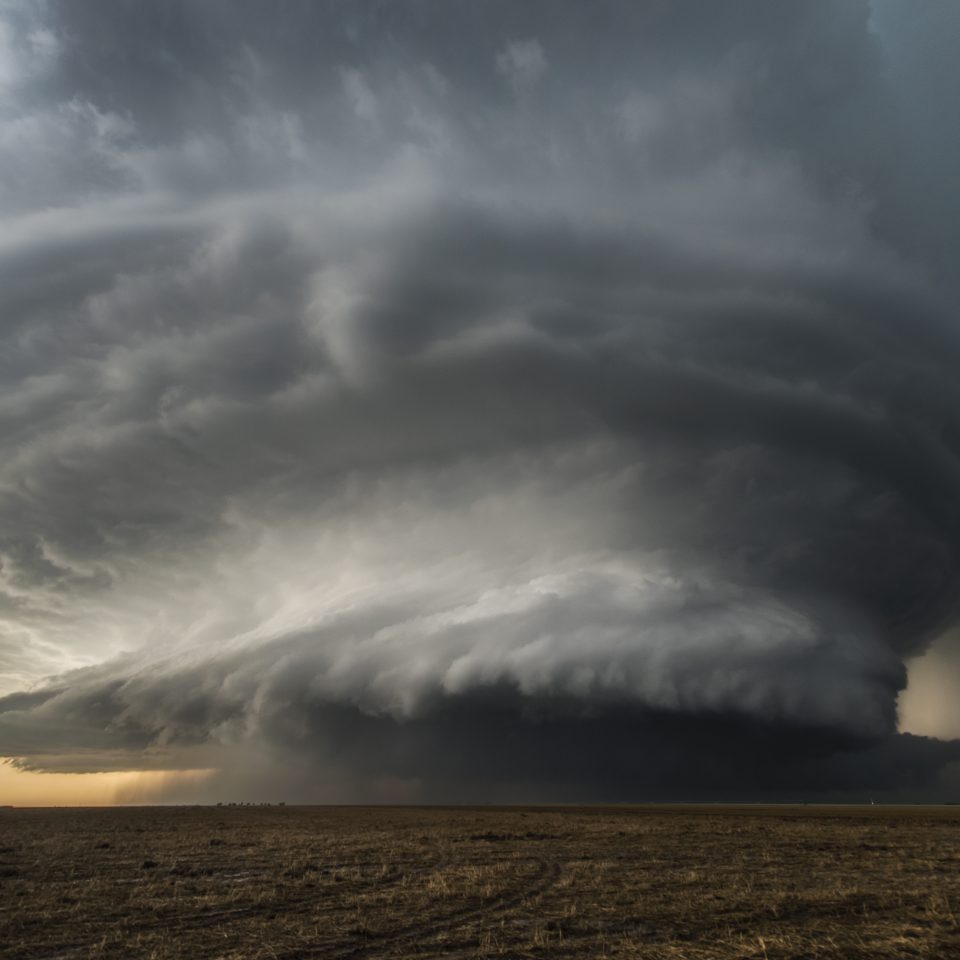
The planet is changing
We are facing new risks
As time goes by, we see how storms, floods, hurricanes, droughts, heatwaves, and fires occur with greater intensity and frequency. As individuals, we may not realize how quickly these phenomena intensify, but as a society, we have enough memory to remember that things were different a few years ago.
The planet is changing

We are facing new risks
As time goes by, we see how storms, floods, hurricanes, droughts, heatwaves, and fires occur with greater intensity and frequency. As individuals, we may not realize how quickly these phenomena intensify, but as a society, we have enough memory to remember that things were different a few years ago.


A widely researched phenomenon
Climate change is mainly caused by the increase of global temperature due to excessive emission of greenhouse gases (GHG), that comes from human activities. In many areas of the planet, it is a phenomenon that generates unprecedented climatic variations, which means a management and prevention challenge for future climatic events that may threaten the well-being of people and organizations.
See more

A widely researched phenomenon
Climate change is mainly caused by the increase of global temperature due to excessive emission of greenhouse gases (GHG), that comes from human activities. In many areas of the planet, it is a phenomenon that generates unprecedented climatic variations, which means a management and prevention challenge for future climatic events that may threaten the well-being of people and organizations.
See more
Physical risks


Climate change causes extreme weather events and transforms the planet.
Climate change brings short-term effects that we are already experiencing, such as increased rainfall, droughts, and hailstorms, and long-term effects, such as sea-level rise, among others. All of this has consequences that impact human activities, for example, floods, or more diseases caused by mosquitoes, which exacerbates the risks we cover with our policies and affects the companies we invest in.
See more
Physical risks
Climate change causes extreme weather events and transforms the planet.
Climate change brings short-term effects that we are already experiencing, such as increased rainfall, droughts, and hailstorms, and long-term effects, such as sea-level rise, among others. All of this has consequences that impact human activities, for example, floods, or more diseases caused by mosquitoes, which exacerbates the risks we cover with our policies and affects the companies we invest in.
See more


Transition risks


Fighting global warming implies an economic transition based on activities that emit low greenhouse gases (GHG).
Promoting a low GHG emissions economy will bring new challenges for productive activities. Companies will have to face technological changes, more regulatory requirements, reputational impacts, and greater market pressures. These changes will affect the performance of the insurance sector, our policyholders, and the companies we invest in.
See more


Transition risks
Fighting global warming implies an economic transition based on activities that emit low greenhouse gases (GHG).
Promoting a low GHG emissions economy will bring new challenges for productive activities. Companies will have to face technological changes, more regulatory requirements, reputational impacts, and greater market pressures. These changes will affect the performance of the insurance sector, our policyholders, and the companies we invest in.
See more
Climate change implications for the insurance industry


The insurance industry is very vulnerable to climate, compared to other industries in the sector.
The role we play in climate change risk management is essential to guarantee the sustainability of the sector and the country; therefore, we have been actively promoting the development of mechanisms for climate change adaptation, by projects implementation and support to different initiatives. Likewise, we have identified our responsibility, needs for action, challenges, and costs we must budget for this topic.
See more
Climate change implications for the insurance industry
The insurance industry is very vulnerable to climate, compared to other industries in the sector.
The role we play in climate change risk management is essential to guarantee the sustainability of the sector and the country; therefore, we have been actively promoting the development of mechanisms for climate change adaptation, by projects implementation and support to different initiatives. Likewise, we have identified our responsibility, needs for action, challenges, and costs we must budget for this topic.
See more


Climate change strategy


Our challenge is to offer innovative products that allow building financial resilience when facing extreme climate events.
Insurance companies, as professional risk managers, are ensuring the proper integration of climate risk into catastrophic risk models, premium calculation, and policy supply. At the same time, they are promoting products that encourage the reduction of GHG emissions by clients and third parties, and support production initiatives based on renewable and cleaner energies.
See more


Climate change strategy
Our challenge is to offer innovative products that allow building financial resilience when facing extreme climate events.
Insurance companies, as professional risk managers, are ensuring the proper integration of climate risk into catastrophic risk models, premium calculation, and policy supply. At the same time, they are promoting products that encourage the reduction of GHG emissions by clients and third parties, and support production initiatives based on renewable and cleaner energies.
See more

